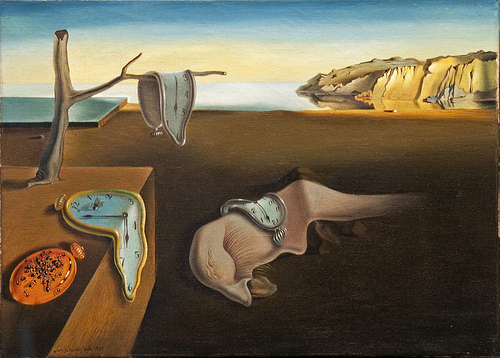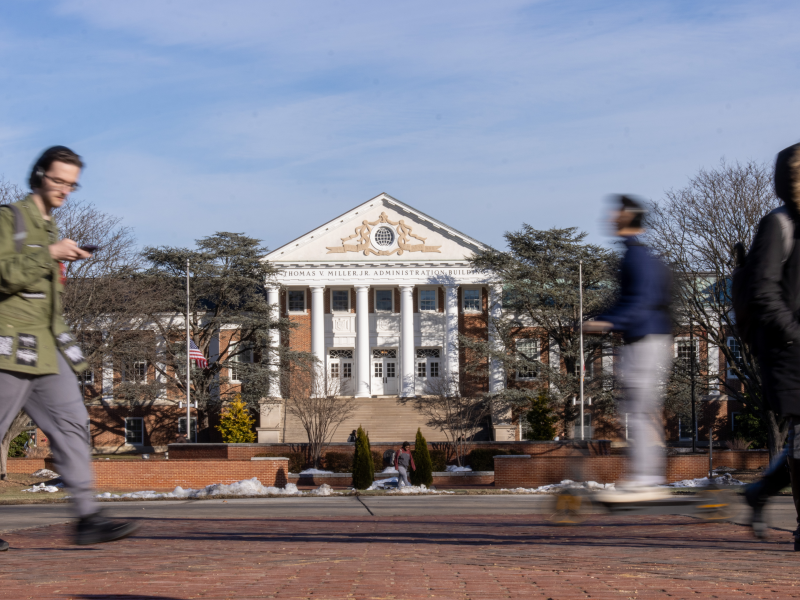Memory problems, cognition difficulties, perception changes, personality shifts, mood and thought disorders, violent ideation, nausea, vertigo and balance troubles. These are merely words I can use to describe my internal struggle, the result of having a mild traumatic brain injury. In December, I wrote a piece for The Diamondback in which I described my struggle with the mental illness that took my life by storm in July 2014.
In May 2014, I arrived in the beautiful city of Huancayo, Peru for a medical volunteer trip through the volunteer organization Healthyouth. These would be the last six weeks of reality I would experience for a long time. Upon my arrival, I hit my head jumping into a shorter-than-usual door frame (Peruvians aren’t the tallest of people, however large their hearts may be). I did not lose consciousness and thought nothing of it. Ice was applied to my head, and the rest of the trip went fine, full of partying, making friends and treating local school children for parasites. For some reason, the symptoms of my concussion did not hit me until I returned to the states. I have not been able to find out why, although I suspect rapid altitude change could have affected the oxygen available to my concussed brain. But when the symptoms hit, they hit harder than any punch I have ever felt, harder than any disease I could imagine having and harder than any failing grade or family death.
I struggled with anxiety after my grandfather’s death, but my brain injury changed the ballgame. My mood became elevated to a state of hypomania for a few weeks. The hypomania was followed by severe anxiety and depression for months. Thought in the cognitive, problem-solving sense was gone. Having been a 3.6 GPA engineering student who scored a 33 on the MCAT, I became an intellectual dunce. A ghost of what I once was. My memory vanished as my thoughts became scrambled and often self-obsessed. Existential crises took over my mind as I pondered what was real or if I was real.
My perception shifted; I became unable to understand who I was and where I was in space. I recall incidents when I felt like I was part of a building across the street or sinking into the grill at work despite not moving toward it. This still happens at times — I often feel as though the front of my world is a massive void of empty space despite my eyes reassuring me it’s not.
My ability to enjoy music also vanished. It became noise in the ether of existence with no meaning. A year after my accident it would finally regain its ring, but it still doesn’t capture me like it once did.
My social life tanked. Initially, I did not care because of the state of delusional hypomania I was experiencing, but in the real world, people wondered, “What the hell is going on with him?”
My Instagram and Facebook pages became Meccas for inspirational quotes I posted. Eventually people reached out to me, but I was still not listening. This was not because I didn’t want to — my mind could not wrap itself around what they were saying.
The Ghost in My Brain is a book I have come across by Clark Elliott, an artificial intelligence professor at DePaul University (Who better to get a concussion and tell the tale?). Elliott’s account is incredibly moving and I resonated with what he wrote.
This is what a mild traumatic brain injury can do to someone in the long-term; it can turn you into a ghost of what you once were without you being able to tell something is wrong because your sense of self may be gone among other things you once had. You become a ghost of consciousness, filled with odd experiences that are not congruent with what you once knew. You know something is off, but you can’t put a finger on it or snap out of it. It owns you. Your humanity is gone.
Concussions are no joke — they increase one’s risk for violence, irrational behaviors and suicide. Thanks to the great scientists tackling the NFL’s concussions, the issue is coming to light on the large scale. If you aren’t the same after hitting your head pretty heftily, you aren’t making it up — something probably happened. You should see a doctor and read Elliott’s book. It is a Bible for the concussion patient.
Justin Wisor, class of 2015, was a bioengineering major. He can be reached at justin.wisor@gmail.com.



